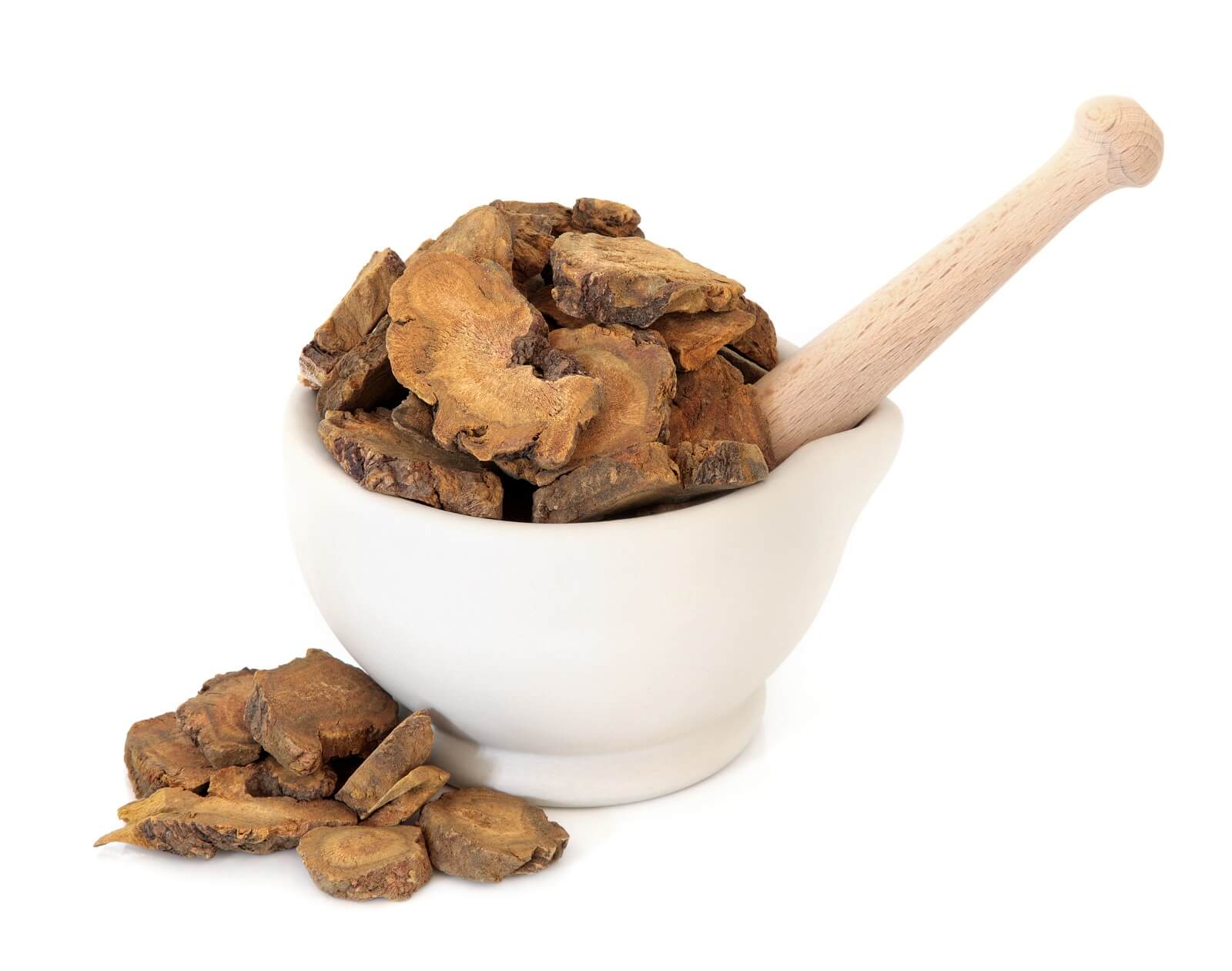
Rhubarb (Rheum palmatum) does help with constipation. This herb is one of the most ancient and important herbs in traditional chinese medicine.(source 1) Rhubarb’s use as a laxative dates back to 3,000 BC.(source 3) And, consequently, there is a lot of widespread, documented use of rhubarb as an effective constipation treatment.
The renowned, late Dr. James Duke (more about Dr. Duke from the USDA), an expert on herbal medicine, in his book The Green Pharmacy Herbal Handbook(source 2) states rhubarb is quite effective for constipation.
Dr. Duke explains that in very small amounts the tannins in rhubarb help stop diarrhea; yet, in larger doses the anthraquinones in the herb interact with bacteria in the digestive tract and thereby produce compounds that trigger intestinal contractions and lead to bowel movements. Rhubarb is also high in fiber, which may help with constipation as well.
At the time of this writing, there is still some argument as to exactly how rhubarb causes its laxative effect. But, this seems to be in the arena of scientific interest; all you probably need to know is that it is a very effective treatment for constipation.
But, be warned. Prolonged use of rhubarb as a laxative should not be undertaken. This is because your bowels can develop a dependency on rhubarb to have a bowel movement. This advice usually applies to any laxative; natural or synthetic.
How to Use Rhubarb for Constipation
We will discuss dosage guidelines in more detail at the end of this article, so if you want you can skip to the end. But if it were me, I’d consider Dr. Duke’s dosage advice, and the suggested dosage determined by studies on rhubarb for constipation. I would probably stick to Dr. Duke’s use of 1 teaspoon of powdered rhubarb root twice a day. This is close to the suggested quantity of the 2022 study in Chinese Medicine(source 13) (which we will discuss more later).
In addition to taking rhubarb, I would also try to limit my food intake and drink plenty of water. This by itself can really help a lot; possibly in many situations of constipation.
Samuel Bart’s Digestive Health Solution
Samuel Bart has always been passionate about plants and their ability to keep us healthy. He has put together some of the best natural ways that could help anyone support a healthy digestive system.
Samuel perfected an easy, yet powerful formula, which consists of amazing ingredients. Bart’s supplement is backed by a ironclad 60-day, money back guarantee.

Validation that Rhubarb Treats Constipation
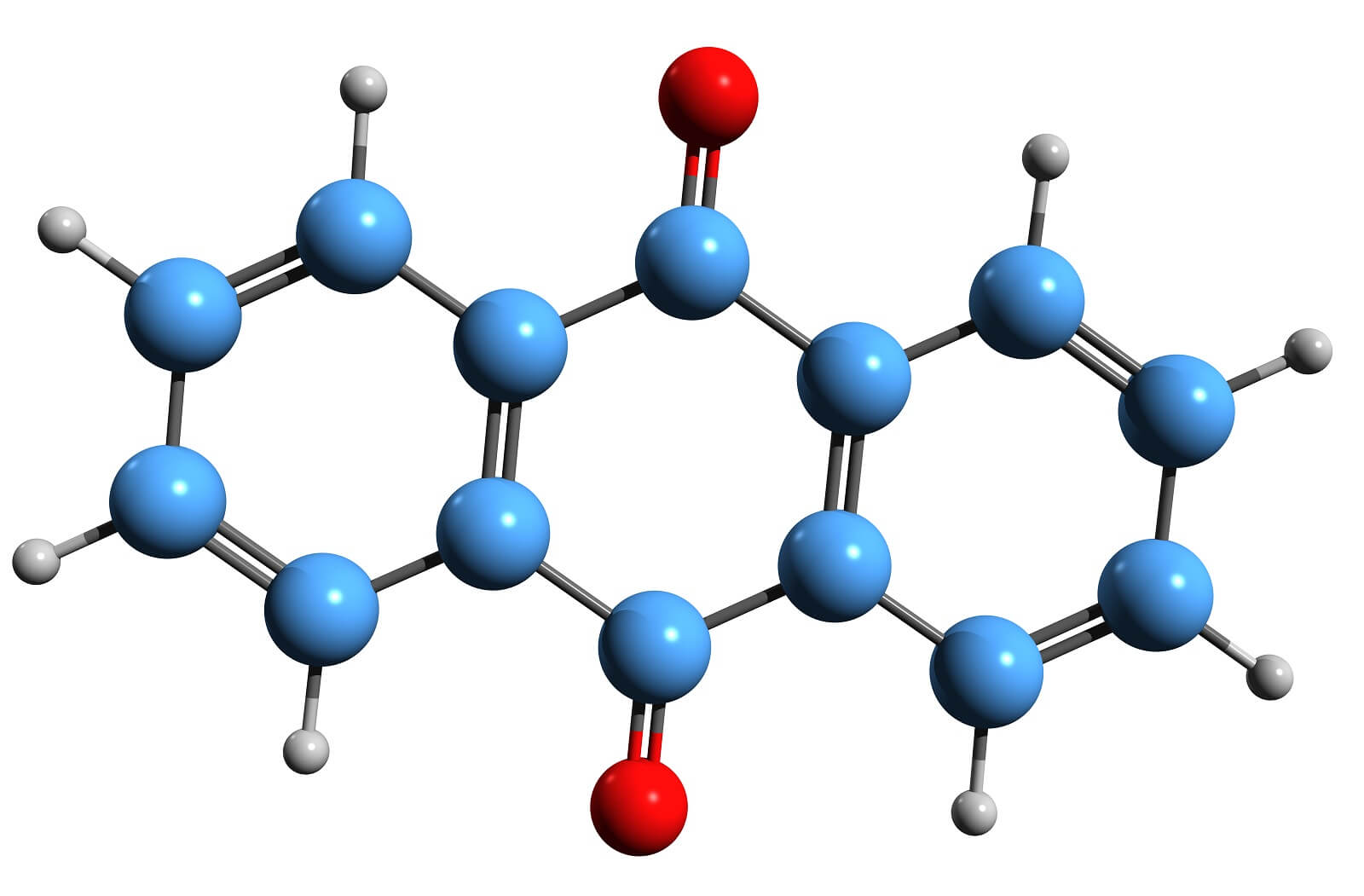
A 2017 journal article in Chinese Medicine(source 3) reviewed recent studies on the active ingredients, pharmacological effects, and other facets of rhubarb. One aspect discussed was how the herb has been, and still is, used for constipation.
The study states rhubarb is one of the most ancient and commonly used herbs in Chinese medicine. And, this report covers facets of what modern research has revealed about this ancient remedy. Although there are several reported pharmacological activities of the chemicals in rhubarb, one of these activities is regulating gastrointestinal function.
The study reports that rhubarb was used as a laxative drug as early as 3,000 BC; firstly recorded in Shen Nong’s Herbal Classic. And, the study reports its laxative ability is certain.
It should be noted that processing can alter the laxative effect of rhubarb. According to a 2012 study in the China Journal of Chinese Materia Medica(source 4) raw rhubarb had the most laxative effect and showed significantly declining laxative potency after being processed. Alcohol processing reduced the laxative potency of this herb, and steamed rhubarb had an even lower laxative effect. Carbonized rhubarb nearly lost all of its laxative potency.
The 2017 study in Chinese Medicine(source 3) went on to state that there are a few key active ingredients in this herb that lead to its purgative (i.e., laxative) effect. These active compounds in rhubarb are combination anthraquinones (anthraquinones are important members of the quinone family; they are essentially aromatic organic compounds(source 5)).
The main compounds responsible for the laxative action are as follows:
- Sennosides
- Rheinosides
- Anthraquinone aglycones
The mechanism of laxative action is summarized by the image below, which was sourced from this study.

Image Source: Cao, Yu-Jie, et al.; Chinese Medicine [12.1 (2017): 1-12], doi: 10.1186/s13020-017-0158-5. Image used under Creative Commons license (CC BY 4.0).
A 2018 case report in Internal Medicine(source 6) describes a situation where rhubarb was successfully used to treat constipation in six critically ill patients that were on mechanical ventilation.
In this study, 5 of the 6 patients passed a stool within 2 days after starting to use rhubarb. In 4 patients who also had acid reflux, the reflux volume in the nasal tube was decreased an average of 3.5 days after starting the rhubarb treatment. Enteral nutrition was then able to be given.
There were also no side effects reported. Also, this study stated: These results suggest that rhubarb may be a promising agent for improving constipation.
One of these 6 cases in this report was of a 69 year old man who was intubated and sepsis (the body’s extreme response to an infection) was diagnosed. The man did not pass a stool for 3 days, and the laxative drug sodium picosulfate hydrate was administered to him. Yet, this did not resolve the constipation by day 4, so rhubarb was used.
On the following day, after giving this man rhubarb, he had several bowel movements. The man went on to pass stools without the use of laxatives; going on to make a recovery.
Guaranteed 24 Hour Constipation Relief
Dr. Scott McLeod, PharmD received his doctorate from the WSU College of Pharmacy. His book on constipation is guaranteed to show you how to get relief in 24 hours or less-or your money back (60 day, 100% refund guarantee).
Everything used in this plan is from nature. No use of harmful laxatives. People who have used these say they work BETTER than over-the-counter laxatives!

Why Rhubarb Relieves Constipation
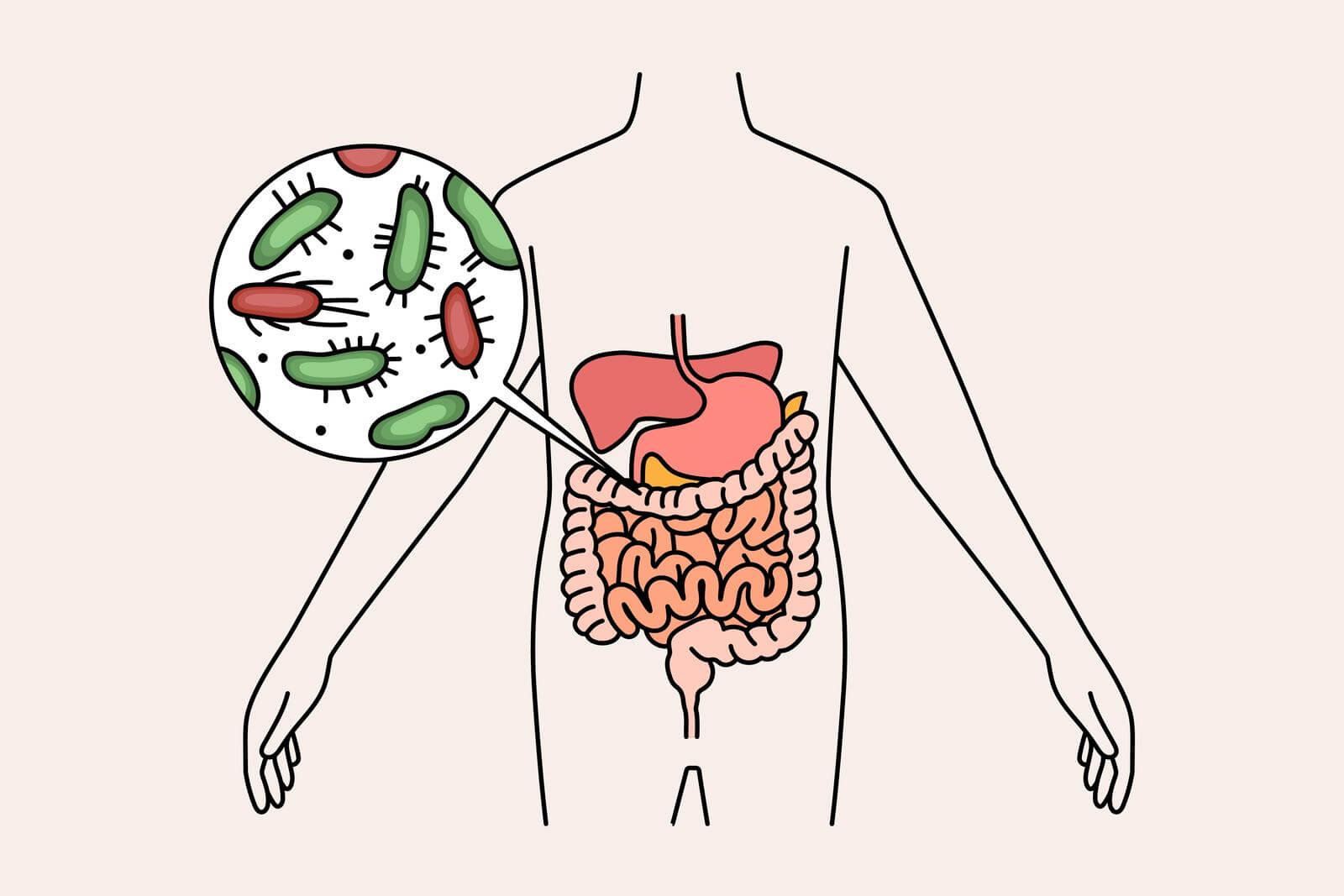
A 2021 study in Biomedicine & Pharmacotherapy(source 7) tested rhubarb extract (created from air dried roots that were powdered, soaking, and gentle boiling) on constipated mice. The study was conducted to better understand how rhubarb actually causes therapeutic improvement of constipation.
The study stated that rhubarb extract was found to increase the water content of feces. This was accredited to a chemical called rhein, which is an active ingredient in rhubarb. Yet, there was a tendency for water content loss after the sixth day of administering rhubarb extract. The water content gain peaked on the sixth day.
Rhubarb also was found to have the ability to promote intestinal smooth muscle contraction and mucus secretion via initiating acetylcholine release. Acetylcholine is a neurotransmitter and created in cholinergic neurons (a nerve cell primarily using acetylcholine to send its messages) and is the main regulator of gastrointestinal motility and pancreatic secretion(source 8).
The study suggested that rhubarb extract may help to relieve constipation by increasing intestinal goblet cell secretion and speeding up intestinal movement.
Goblet cells are perhaps best known for their secretion of mucus. An article published in 2018 in Mucosal Immunology(source 9) summarized goblet cells as follows:
Goblet cells (GCs) are specialized epithelial cells that line multiple mucosal surfaces and have a well appreciated role in barrier maintenance through the secretion of mucus. Moreover, GCs secrete anti-microbial proteins, chemokines, and cytokines demonstrating functions in innate immunity [the immune system you were born with] beyond barrier maintenance.
Mucosal Immunology [11.6 (2018): 1551-1557]
In concluding, the study found that their results suggested that rhubarb extract relieves constipation by:
- Increasing the secretion of colonic mucus.
- Stimulating the submucosa nervous system to release neurotransmitters.
- Inducing endoplasmic reticulum (a network of membranous tubules in a eukaryotic cell; serving as the transportation system of the cell) stress of colonic mucosal goblet cells.
- Causing changes in the intestinal microbiological life and short-chain fatty acids.

Comprehensive Herbalist School
Dr. Patrick Jones, founder of the HomeGrown Herbalist School of Botanical Medicine has been a practicing veterinarian for over 25 years. He is also a clinical herbalist and traditional naturopath.
Kevin Harrington, Original Shark from ABC’s Shark Tank, stands behind Dr. Patrick Jones and HomeGrown Herbalist.
Learn More
Comprehensive Herbalist School
Dr. Patrick Jones, founder of the HomeGrown Herbalist School of Botanical Medicine has been a practicing veterinarian for over 25 years. He is also a clinical herbalist and traditional naturopath.
Kevin Harrington, Original Shark from ABC’s Shark Tank, stands behind Dr. Patrick Jones and HomeGrown Herbalist.Learn More
Another possible mode of mechanism that rhubarb ameliorates constipation is due to positively changing the microbiome (the community of microbiological life) of the gut. A study that attempted to investigate this was published in 2022 in the journal Applied Microbiology and Biotechnology.(source 10)
The goal of this study was to better understand the laxative effect of rhubarb by systematically analyzing the collection of all low molecular weight metabolites (a metabolite is any compound produced during metabolism) that are produced by gut microbiota during metabolism and the complete genetic material of the gut microbiota.
This study also found that rhubarb could:
- Significantly reduce gastrointestinal transit time
- Increase the water content of feces
- Increase the frequency of defecation
- Protect the colon mucus layer
- Improve gastrointestinal hormone disruption
Concerning the changes to the gut microbiome, the study found that beneficial bacteria were dramatically increased; and, pathogens such as Escherichia-Shigella were significantly decreased after treatment with rhubarb.
The rhubarb extract had a certain impact on the metabolites that were found in the rat feces. The result of this change was the metabolic profiles of the feces of constipated rats were improved by rhubarb.
Although the study may not have found a direct answer to their original question, they did take away the key points that this herb could significantly improve the gut microbiota and noticeably modulate the fecal metabolite profile in constipated rats.
Naturally Treat Hemorrhoids in 48 Hours
Jessica Wright’s unique 5-step, all-natural approach to hemorrhoid treatment delivers permanent relief. Heal hemorrhoids in 48 hours, and eliminate the root cause in 30 to 60 days.
Benefit from Jessica’s 12 years of research; her book is backed by a 60 day, 100% money back guarantee.

How to Use Rhubarb for Constipation & Dosage Guidelines
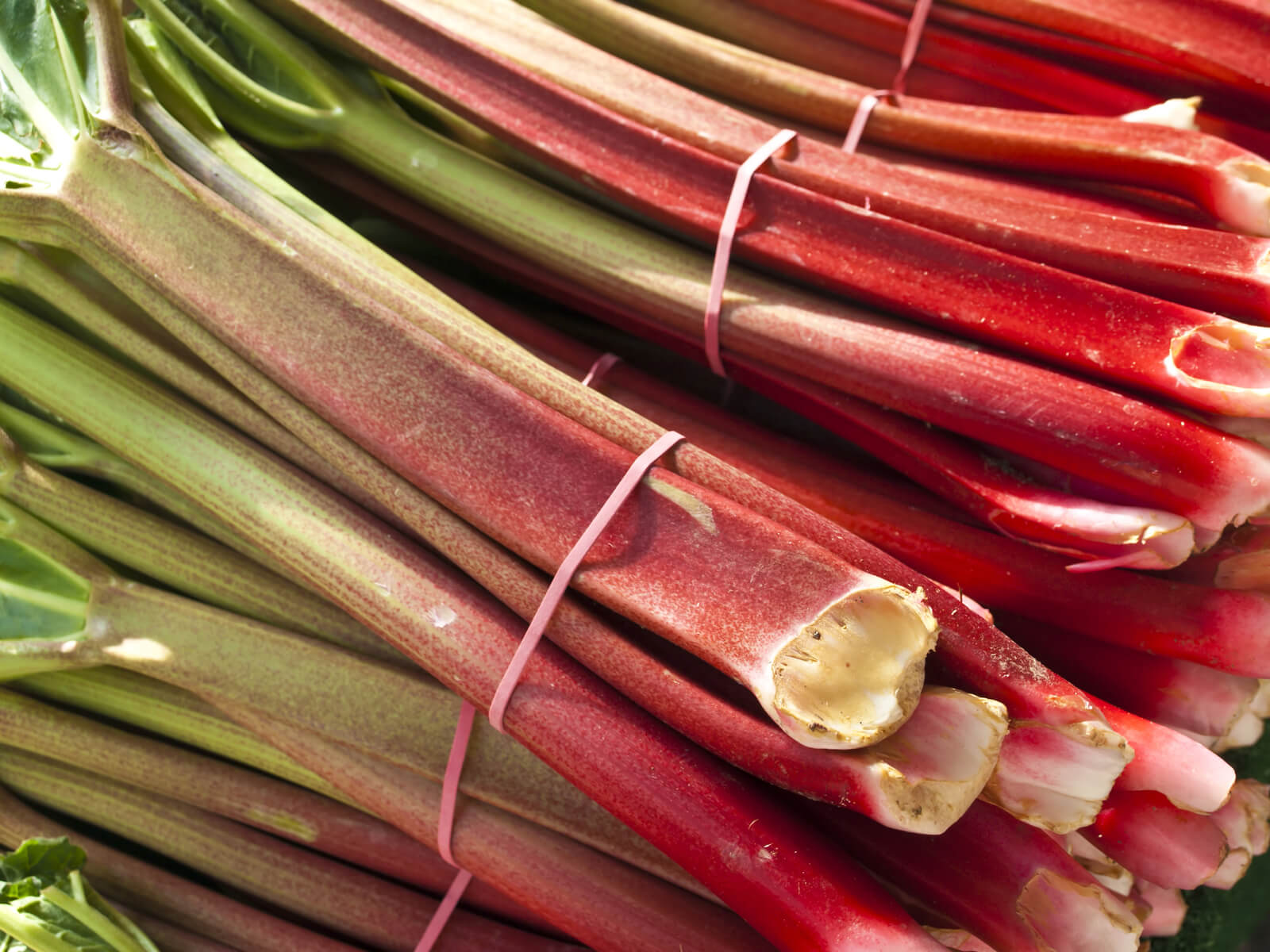
A 2020 study published in the Journal of Pharmaceutical and Biomedical Analysis(source 11) investigated the dosage of rhubarb for constipation in rats and also drew a comparison dosage for humans. This study seems inspired by traditional Chinese medicine and the Chinese Pharmacopoeia.
It should be noted that the Chinese Pharmacopoeia 2020 edition has been reviewed by the National Medical Products Administration and the National Health Commission of the People’s Republic of China. It was officially implemented by the Chinese government in December of 2020.(source 12)
Back to the Journal of Pharmaceutical and Biomedical Analysis(source 11) study, the researchers used the dried roots and rhizomes of rhubarb (Rheum tanguticum). The plant material was made into a powder and then processed into an extract. Rats that had constipation induced were then given this extract.
According to the study, the daily dosage of rhubarb is 3 to 15 g for humans according to the Chinese Pharmacopoeia. The study used this metric to determine the dosage for rats should be between 0.27 and 1.35 g / kg of body weight. The study then tested dosages of 0.135, 0.27, 0.81, 1.35, 4.05 and 8.1 g / kg of body weight on the rats.
The study also states that they had conducted earlier where they found the dosages of rhubarb for constipated rats to range from 0.78 and 5.37 g / kg of body weight.
This study, through using metabolomics analysis, found the 20% to 80% maximal effective concentration. This metric of measurement is denoted as EC20 - EC80; it shows the dosage that induces a specified percentage of the maximum effect dose (i.e., the highest dose that will still cause changes the substance creates in the body) given a specified period of time.
The EC20 - EC80 dosages ranged from 3.44 – 50.00 g for humans; which statistic was derived from the experiment with rats.
The study also found that a dosage of 2.1 g / kg of body weight could cause side effects. This dose is 1.5 times higher than the highest dose prescribed by the Chinese Pharmacopoeia.

HomeGrown Herbalist Herb Shoppe
Owner of HomeGrown Herbalist Dr. Patrick Jones is a practicing veterinarian, Clinical Herbalist, and traditional naturopath. He owns and operates Fairview Animal Hospital in Buhl, ID.
Their herb shoppe provides herbs, essential oils, and tools. If you have some time, check it out!
Learn More
HomeGrown Herbalist Herb Shoppe
Owner of HomeGrown Herbalist Dr. Patrick Jones is a practicing veterinarian, Clinical Herbalist, and traditional naturopath. He owns and operates Fairview Animal Hospital in Buhl, ID.
Their herb shoppe provides herbs, essential oils, and tools. If you have some time, check it out!Learn More
Another study also attempted to define dosage guidelines from traditional Chinese medicine via testing rats and extrapolating a human dosage. This study was published in 2022 in Chinese Medicine.(source 13)
This research also utilized the dried roots and rhizomes of rhubarb (Rheum tanguticum). The total content of aloe emodin, rhein, emodin, chrysophanol, and physcion was 0.273%; this statistic was in line with the quality standards of the 2020 Chinese Pharmacopoeia.
The study used metabolomics (the profiling of metabolites in biofluids, cells and tissues) analysis to determine the dose-effect curve for treating constipation with rhubarb. The study found a dose of 0.69 g / kg of body weight for rats was the optimal dose. This dose equates to 7.66 g for humans.
This dose was chosen by the researchers as the optimal one due to it being 90% of the effective dose and produced only three adverse reactions (which were deemed acceptable).
Dr. James Duke also shares dosage guidelines for rhubarb in his book The Green Pharmacy Herbal Handbook.(source 2) It should be noted that Dr. Duke compares the safety of herbs to coffee in his book. Herbs are classified as safer than coffee, as safe as coffee, and less safe than coffee but still okay to use. Rhubarb is given a safety rating as less safe than coffee.
Concerning dosage, Dr. Duke recommends the following when it comes to rhubarb:
- No more than 1 teaspoon of the powdered root as a tea two times a day.
- Up to 1 tablespoon of tincture each day.
- Up to 1/2 to 2 teaspoons of liquid extract each day.
Dr. John Herzog (MD)
Dr. John Herzog, a "survival surgeon" from Maine explains what home remedies work best in a crisis situation.
This may be important in the event you require first-aid or are in an emergency situation without easy access to a hospital. Dr. John Herzog has assembled a large collection of home remedies for such scenarios.

A Natural Digestive System Supplement that Helps
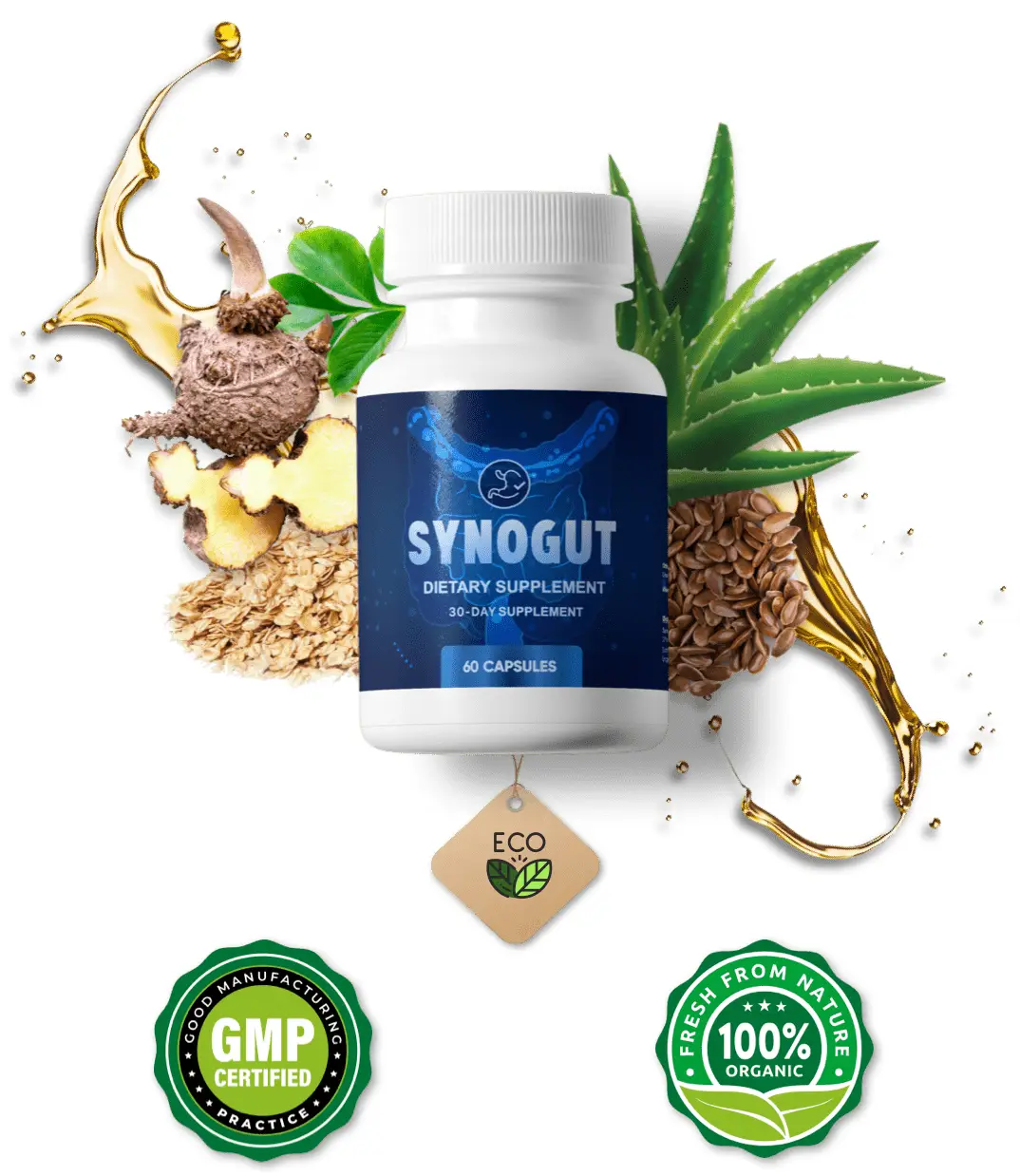
If you have been struggling with digestive problems like constipation, you should know about Samuel Bart. Mr. Bart lives with his wife, Alma, in Nashville, Tennessee.
Mr. Bart has always had a passion for plants and how to use them medicinally. He went on to research some of the most effective ways that could help people support a healthy digestive system.
To this end, Mr. Bart developed a product he calls “SynoGut.”
Every capsule of this supplement is made in the USA, in a FDA approved, and GMP certified, facility under sterile, strict, and precise standards. Synogut capsules are non-GMO. You can rest assured that they do not contain any dangerous stimulants or toxins, and more importantly, they are not habit forming.
His proprietary blend blend contains the following ingredients:
- Psyllium husk
- Bentonite clay
- Black walnut hull
- Oat bran
- Flaxseed
- Prune fruit
- Aloe vera leaf
- Lactobacillus acidophilus (a probiotic bacteria)
- Apple fruit pectin
- Glucomannan root
If this is not the first time you have had constipation, you might benefit from the power these natural items can provide. And, if you have had prolonged constipation, utilizing a supplement like Mr. Bart’s could help you become more regular—without an arsenal of prescription drugs.
Many people have tried synthetic drugs to solve their constipation issues; and if these didn’t work, it may be hard to invest in a natural remedy like SynoGut. To this end, Mr. Bart offers a 60 day, full refund guarantee on his supplement.
If you decide to invest in Mr. Bart’s supplement, and are not satisfied with the results, you can quickly request a refund. SynoGut will promptly refund your purchase; ensuring there is no risk to give Mr. Bart a chance.
SynoGut is sold via the large online retailer ClickBank—a company based in Boise Idaho, USA. ClickBank sells products across the world, and ensures you can get a refund if you are not satisfied with SynoGut’s results.
If you are in a situation where you have “tried everything,” SynoGut is worth the quick purchase and a solid test drive. If you would like to learn more about Samuel Bart’s SynoGut supplement, you can do so at the SynoGut website.
About the Author
Geoff Kent is a natural medicine enthusiast who has been researching and writing about natural medicine since 2008. Geoff is primarily a web developer, but also researches and authors written and video content about natural health. Geoff has a bachelor’s degree in Management Information Systems from the University of Northern Iowa.
More on Geoff KentImportant Disclosures & Disclaimers
It is important to use the information you find on Herbsey.com in the right way. Also for legal reasons, these disclaimers and disclosures are necessary. For further information about each, feel free to click the link provided to the page on this website that provides more information.
Medical Disclaimer
The information on this website is not a prescription for anyone. This information is for informational or educational purposes only, and is not a substitute for professional medical advice or consultations with healthcare professionals.
Advertisement Disclosure
Some of the links provided on this article and website are affiliate links. If you purchase a product after clicking on these links, Herbsey.com will earn a commission. Herbsey.com promotes various products through advertisement and text links. For more information: Our Advertisements.









